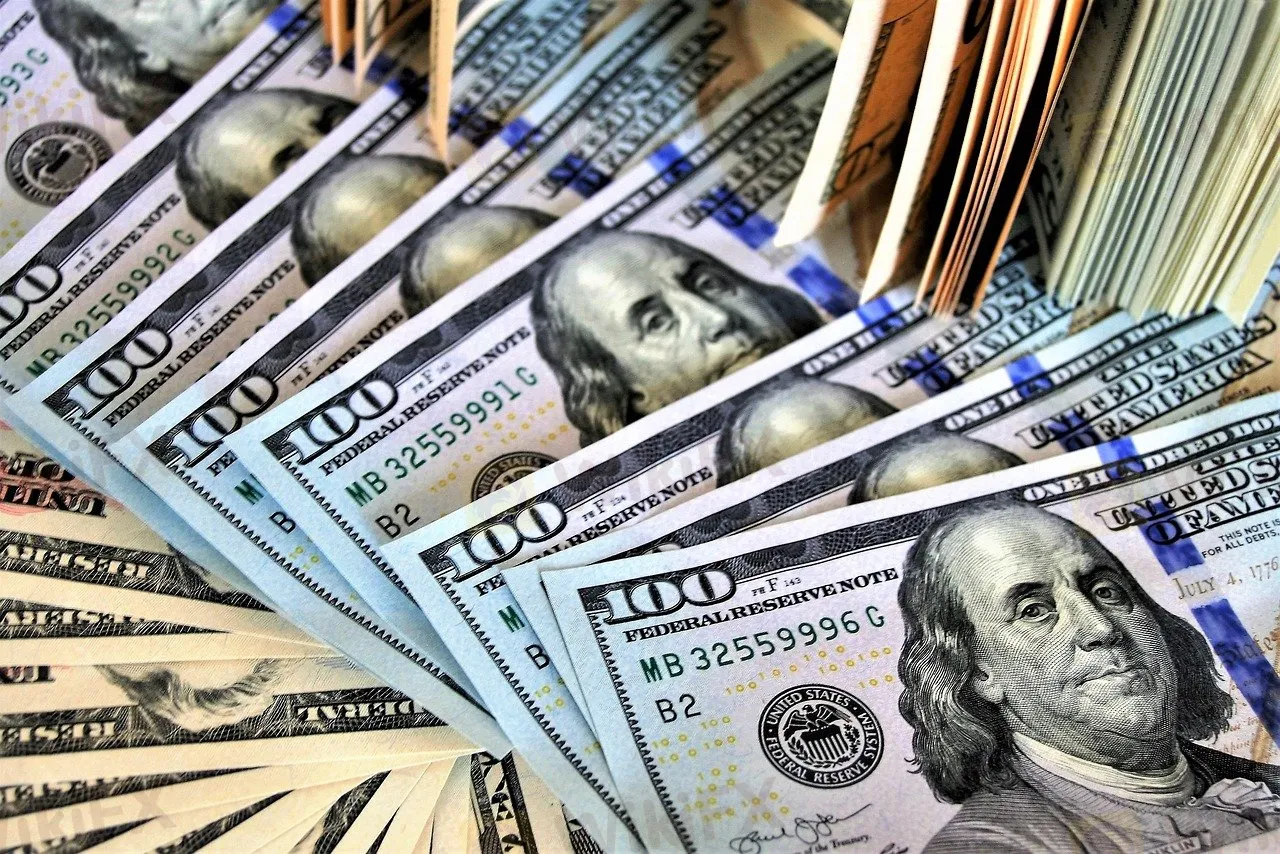CHF Extends Upsides Despite Swiss' Intervention
Abstract:While gold is the representative of safe-haven commodities, the Japanese yen is the first one that comes to mind regarding haven currencies.

While gold is the representative of safe-haven commodities, the Japanese yen is the first one that comes to mind regarding haven currencies. Although some other currencies, such as the US dollar, are also included, the Swiss franc was the first one to take this role. As early as I first started trading, the Japanese yen was not yet a hard currency. During the turmoil in the financial markets, traders usually chased for the haven-linked Swiss franc or anti-risk US dollar once noticing any fluctuations. The main reason for the preference was Switzerland's declaration of perpetual neutrality in 1815.
Amid the rampant Covid-19 in 2020, global political and economic tensions coincided with the weak US dollar. As a result, the haven-associated franc saw large capital inflows, pushing CHF/USD up by 9%, which was only second to the rise in SEK/USD (10.5%). The franc asymmetrically outpaced peers among the most traded currencies, while JPY/USD only gained 4.25%.
In the past, few operators in financial institutions introduced the time deposit of CHF to customers because of its zero or even negative interest rate. But the situation changed in Q2 when the dollar turned weak and almost all major currencies kept near-zero interest rates. Since the interest position was not under consideration, I suggested deposits in the Swiss franc for its exchange rate at the time. In fact, I have always been bullish on the haven-associated franc.
Switzerland will likely meet the criteria for the country to be identified as a currency manipulator by the US in an upcoming report from the US Treasury, according to Reuters. The main reason is the massive interventions by the Swiss National Bank (SNB) this year to slow the appreciation of the Swiss franc. Fortunately, the US has not imposed any sanctions or tariffs, but the designation could lead to talks between the US and the Swiss to resolve the issue. The SNB has spent over 90 billion Swiss francs in 2020 to slow down the rate rise, a level which the Treasury deems too high. In this case, Swiss policymakers are expected to take a sharp trim or even no more interventions in the short term.
Although I have been bullish about the Swiss franc for several months, the franc has remarkably entered the overbought territory. With significant support at 0.8700, USD/CHF could hardly see a short-term breach. But it still enjoys a rosy prospect if could stage a late rally after the profit-taking.
WikiFX Broker
Latest News
CWG Markets Got FSCA, South Africa Authorisation
Amazon launches Temu and Shein rival with \crazy low\ prices
CySEC Warns Against Unauthorized Investment Firms in Cyprus
Revolut X Expands Crypto Exchange Across Europe, Targeting Pro Traders
Crypto Scammer Pleads Guilty in $73 Million “Pig Butchering” Fraud
Capital.com Shifts to Regional Leadership as CEO Kypros Zoumidou Steps Down
Broker Review: Is Exnova Legit?
Why Even the Highly Educated Fall Victim to Investment Scams?
Warning Against Globalmarketsbull & Cryptclubmarket
FBI Raids Polymarket CEO’s Home Amid 2024 Election Bet Probe
Rate Calc

